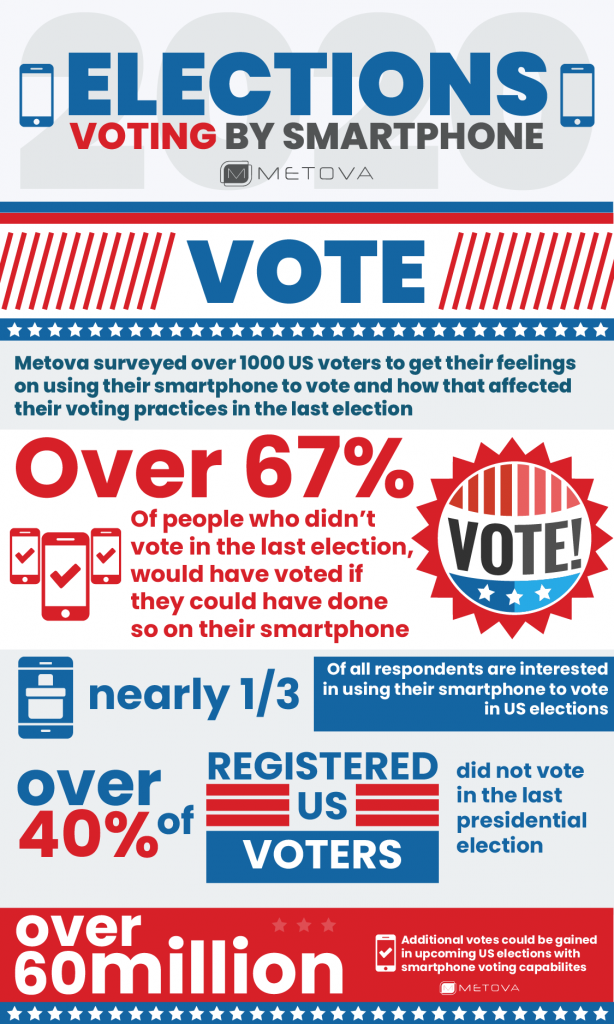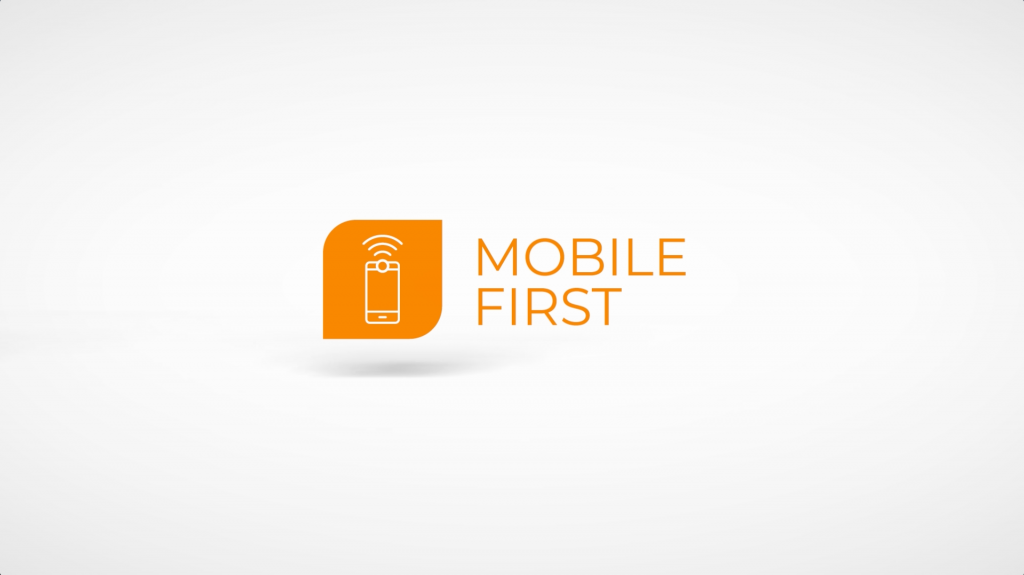Metova CTO, Andrew Cowart, Provides Insight on the Current Shift from “Mobile Friendly” to “Mobile First”
What is “Mobile First” ?
“Mobile First” means that a company’s mobile application is their main focal point for engaging with their customers. They usually already have a website, may even do a lot of business via more traditional means like phone calls, but they’re transforming the way they do business, and putting the mobile experience first and foremost. The New York Times, a newspaper famous in part for their crossword puzzle, is a great example. This very traditional business put an emphasis on doing a mobile application well, and their crossword application alone now has over 400,000 subscribers paying $6.95 per month – a huge revenue boost for an industry that is otherwise struggling.
What is a surprising industry that is taking advantage of “Mobile First”?
Utilities are actually a big industry that is starting to take advantage of Mobile First. You don’t commonly think of a mobile app for your water company or power company being one of the necessary applications on your phone, but if your utility does provide one, it’s going to be the first point of contact you’ll likely use with the company. Checking outages/receiving notifications, viewing up-to-the-minute usage information, and viewing or paying bills can generally all be done via applications. For most users, this completely changes their level of positive interactions with their utility providers.
How can a company begin the journey to “Mobile First”. What sort of tech or infrastructure needs to be in place?
Really, as is with most large tech implementations, I recommend a quick consult to take stock of the integrations you already have with regards to technology infrastructure. Every application works differently, and your mobile app will likely need to do some things that other apps don’t. For example, a service company that schedules people to come out to client locations, such as our client TruGreen. Commonly this would involve mobile applications for iOS and Android, a backend web server to manage the scheduling/bookings, a service that tracks the location of the providers via their phones to assist in live location tracking for the end-user’s convenience, and a push notification system so that you can alert the user when the service provider is on their way or a change in schedule needs to occur.
For some companies in a similar business as the above example, they may already have a scheduling system that they use and like, and as a technology partner, we’d work with them to integrate on top of their existing system. Or the company may have unaddressed needs with their current system, and they’re looking to switch that as well – and that’s another area where Metova can help, either through research or building out a custom solution.
Does it make sense for some companies to focus on mobile apps over web sites etc?
A number of studies show that the general interaction with mobile devices is twice as much as desktop interaction, so a focus on mobile is certainly necessary for companies. You’ll see more and more that companies are building marketing-only websites that direct to their mobile apps – and those marketing websites are mobile friendly.
What technologies are needed to ensure secure voting via mobile phone?
Voting via smartphone is actually already starting to happen, both overseas, and even in limited cases, in the U.S. (https://www.wired.com/story/smartphone-voting-is-happening-west-virginia/ ).
The main issue is that this has all of the security flaws of electronic voting machines – and more, since votes are now being transmitted over the public internet. These types of electronic ballots are very susceptible to being manipulated at every step with electronics: a virus or malicious application on a phone could manipulate the vote before it’s sent, the traffic could be intercepted and changed on the way to the end server (“Man-in-the-middle” attacks) and they’re vulnerable to more manipulation on the end server (which has to be connected to the internet, and thus vulnerable, to receive these votes).
Even if it appears to you that you have cast your vote for the person you chose, the server could end up seeing something very different.
How can consumers benefit from a mobile app vs. a website?
A primary factor is convenience. For most people, their phones are the computers they always have with them. Creating a mobile app allows users to interact with a service in a native way that’s optimized for the devices they have on them. An easy mobile interface can allow for more frequent and easy usage.
Beyond that, applications can take advantage of the sensors available on devices. From facial recognition or fingerprint and iris scanners, to GPS location, push notifications and more.
Phones have “senses” and are constantly with their owner. How can businesses take advantage of this to provide a better experience ?
The primary ways to engage existing customers is through usage tracking and analytics and notifications. By tracking data and analytics, businesses can see where users spend most of their time and focus their efforts there or re-think the areas that aren’t seeing as much “foot traffic.” With the use of push notifications and alerts, businesses can point users to re-vamped areas that weren’t seeing the foot traffic or improvements to the areas that are used to gather that feedback.
More targeted applications can utilize technology like accelerometers, pedometers, GPS and wearables to gather data including heart rate, steps, location, etc. to provide a more enriched and immersive experience for their customers.




